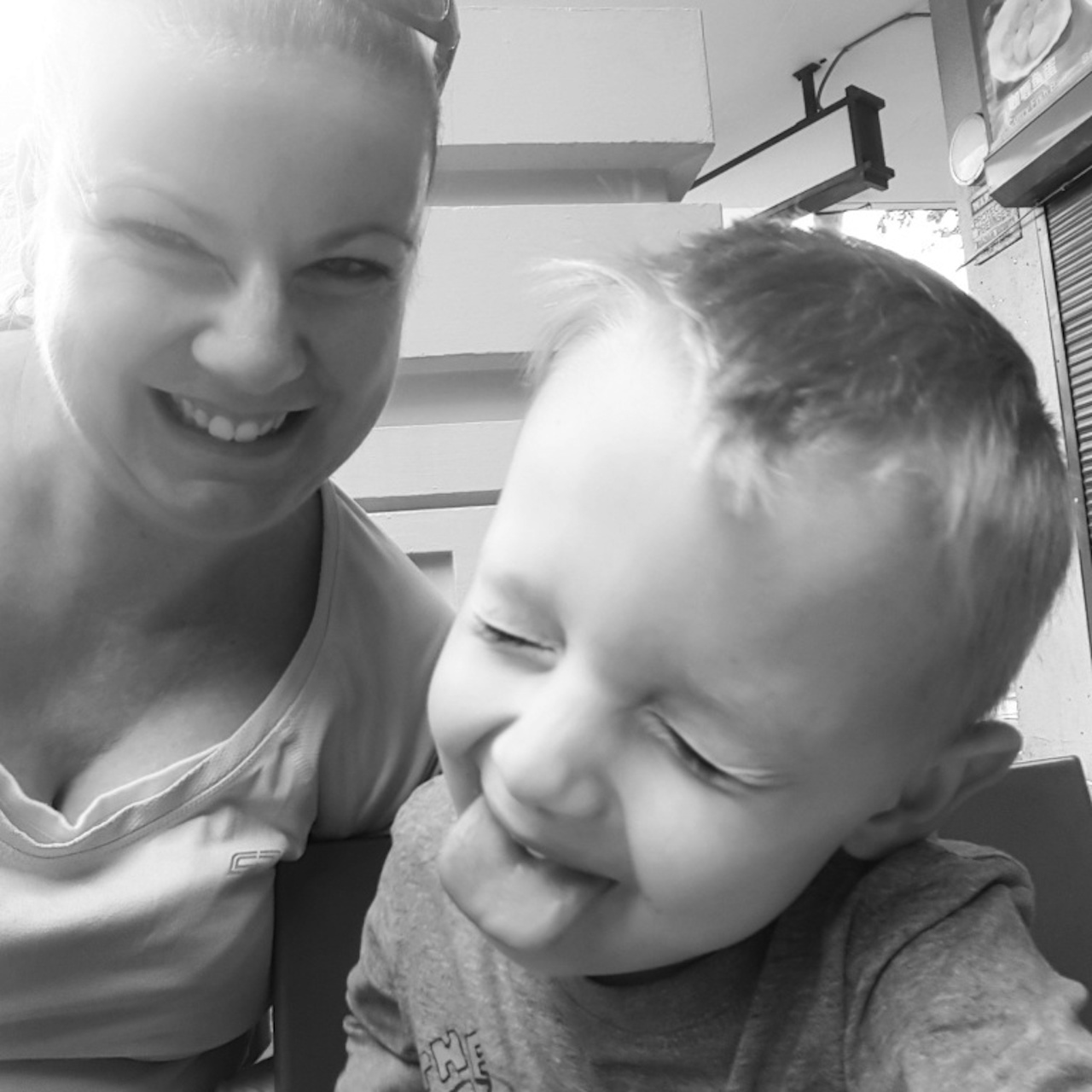People living with chronic illness will never escape the need to meticulously plan their lives and schedule activities, that is just the reality of dealing with physical ailments that require the quarantine of energy for mandatory activities. But is it enough to just survive? To survive the day, the week, the month? Don’t you want to thrive, not just survive?
For many people living with chronic illness, it takes so much energy to function, to be all the things you have to be – whether that’s being a parent, a partner, a friend, a worker, a volunteer, run your own business or a combination of all these and more. Once you have done the essentials things you have to do, there is usually little energy for much else. Sometimes the difficulty in managing day-to-day activities when you’re in pain or a bout of chronic illness can be impossible, and as a result relationships’ can struggle, as can your job, your ability to do things with your children. This can leave you feeling like you are merely existing, going through the motions and try to keep one foot in front of the other. You spend all your energy just trying to survive.
Everyone deserves the chance to thrive and not just survive, and not just live in a state of “existence,” regardless of whether you live with chronic illness or pain. You may not be able to affect your illness or condition, but there are lots of things you can do to improve the quality of your life and get the most out of it by employing some simple changes.
I have some simple suggestions for you that can nudge you a step closer to thriving and break the feelings of helplessness and sometimes despair. You deserve to thrive not just survive!
Tips for thriving:
1. Get organized.
A messy or cluttered house can have a huge impact on your stress levels and how you cope with bouts of un-wellness. Try and work through getting organized when you are well enough and do what you can to make your home as easy to maintain as possible. Plan ahead and tackle one big job a month, whether that’s cleaning out the laundry, sorting out the kids toys or organizing the pantry.
I’ve done some super simple things around the home such as putting everything in tubs in the linen press, single sheets in one tub, quilt covers in other and found some cute chalkboard labels on the front. This makes life easier by keeping items together and for finding what you need. I’ve also done the same in the laundry and kitchen, and I’ve even organized the kid’s play area into cube shelving, loose items in fabric drawers and everything else is grouped by type of activity – and the kids can access this themselves. Do what works for your home and what will alleviate the stress and reduce the amount of tidying up you need to do and by having a simple system your kids can follow. Then they can take some responsibility to having a place for all their items.

2. Schedule your “must do” activities and pace yourself.
Use a calendar, a white board or a diary and schedule the things you must do at home. Consider the tasks that must be done like vacuuming, cleaning bathrooms, washing, etc., and schedule a task each day. Spread out the more physically demanding jobs so you’re not doing them all in one day. It is tempting to put aside a day to do your housework, but as we all know that can be too much and can set you back or send you into a relapse. Most of us are terrible at pacing ourselves but it is critical for your ongoing wellness to learn to pace yourself and be disciplined enough to do it.
Pace yourself and schedule your physically demanding tasks over the week, even giving yourself a day in between them to do gentler tasks, like folding laundry while watching TV, or doing paperwork. Once you get yourself into a routine you will be amazed how much easier it gets and how much less physically demanding it is for you.
3. Plan ahead with meal prep.
Meal time and school lunches can be stressful and exhausting for any parent. There are loads of great ideas out there. Just do a Google search for school lunches for inspiration. As for dinner time prep, take some time out to plan ahead your meals for the week, get organized and set up a clear shopping list. Not only will you find you’re eating healthier, but you’ll save money and time too. The other really important factor here is eating well and eating the right diet for your illness. Knowing your body and what you need to feel your best is so important to your wellbeing. The better you eat the better you will feel.
Also, get the kids involved in cooking. Aside from teaching them valuable skills, it’s a chance to bond over food preparation and this gives you a helping hand too.
4. Have a go to list of activities to do with your kids.
Have a list of activities ready to go so on your bad days you don’t have to think too much about how to keep the kids entertained. (You can check out a pre-prepared list here.)
Another tip is to get a tub with go-to activities your kids can chose from. Go to a cheap shop and grab a plastic tub, put some craft activities in it that aren’t too taxing and consider it your “bad day treasure chest” that the kids choose from. I love the range of super affordable activity sets you can get from K-mart here in Australia, but check out your local cheap store as they usually have a great range of cheap craft sets.
For kids who love to build and get creative, keep a tub of your recycling, empty boxes, tubs, cans and plastic bottles that they can access to build robots, houses or anything their imagination desires. All you need a big supply of sticky tape!
5. Don’t be so hard on yourself.
It’s OK to not get everything done, it’s OK if you can’t do what everyone else does, and it certainly is OK to not keep up with Joneses. Try being gentler on yourself and not holding yourself to the same expectations you did before illness. This will chip away at your self-worth and add to your feelings of frustration.
As a dear friend of mine has often said, “Done is better than perfect.” I try and always remember that it’s better to get something done than to wait until it’s perfect, or try and achieve perfect results.
6. Carve out time for your passion.
What is it that you love doing? What are you passionate about and what nourishes your soul? Find what you love and what helps recharge your batteries and carve out a small amount of time each week to do it. Do you love taking photos, pottering in the garden, craft or knitting, tinkering on your car, building things around the home? Find it and book in time for yourself as a priority. By feeding your soul you will feel happier and more balanced and your kids will see an important lesson in action, that self-care and following your heart are good for you. You may feel like that is an indulgence but it is not. The better you feel, the happier you are, then the better parent you can be. Remember you’re no good to anyone if you fall in a heap and can’t cope yourself, so taking care of you is good for everyone.
Getty Image by nemchinowa
Follow this journey on Whoa Mumma.

